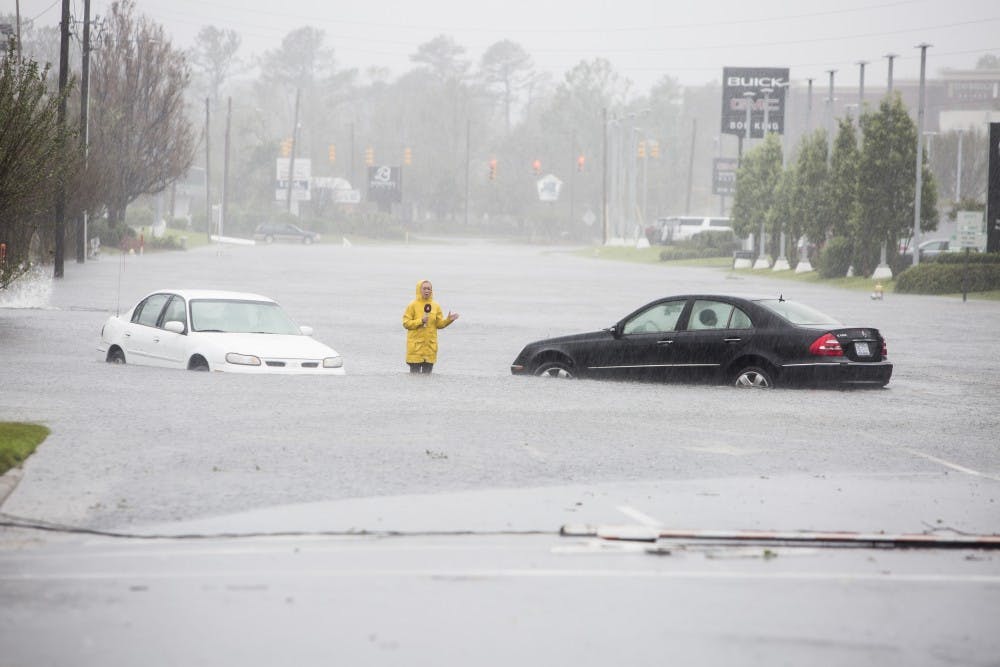Though the Atlantic Hurricane Season runs from June 1 to Nov. 30, North Carolina faces the largest risk for hurricanes from August to October.
North Carolinians have already experienced the implications of major weather events this year with Tropical Storm Debby which led to heavy rain, tornadoes and flooding as it passed through the state — especially in its eastern parts.
Justin Graney, the Chief of External Affairs and Communications for North Carolina Emergency Management, said the Business Emergency Operations Center helps coordinate private sector partners to participate in preparedness initiatives, disaster response and recovery to mitigate these impacts for communities across North Carolina.
Since the private sector is a large economic force, Graney said the BEOC has a community approach to disaster management. This means that businesses are part of the response and recovery process within their own communities.
“In the current world that we all find ourselves in, building resilience is our best course of action on all fronts from all types of disasters,” he said.
Currently, nearly 3,000 businesses are a part of this network with around 700 regularly active members including the North Carolina Truckers Association, Wells Fargo Bank and Duke Energy.
Graney said one of the main components of the BEOC’s work is the re-entry program, which allows businesses to collaborate with the State Emergency Response Team to receive special access to restricted areas following disasters. This allows businesses to survey their property and start up operations faster.
Jeff Brooks, a Duke Energy spokesperson, said Duke Energy frequently interacts with public agencies and law enforcement to coordinate special access for things like road closures, lane closures, and work zone areas that may disrupt traffic flow.
For hurricane responses, Brooks said Duke Energy often utilizes a multi-person response team. An incident commander — the individual in charge of the operation — will be at the storm center directing activities related to power restoration after the storm, while emergency management officials are also working at the state and local levels, Brooks said.




